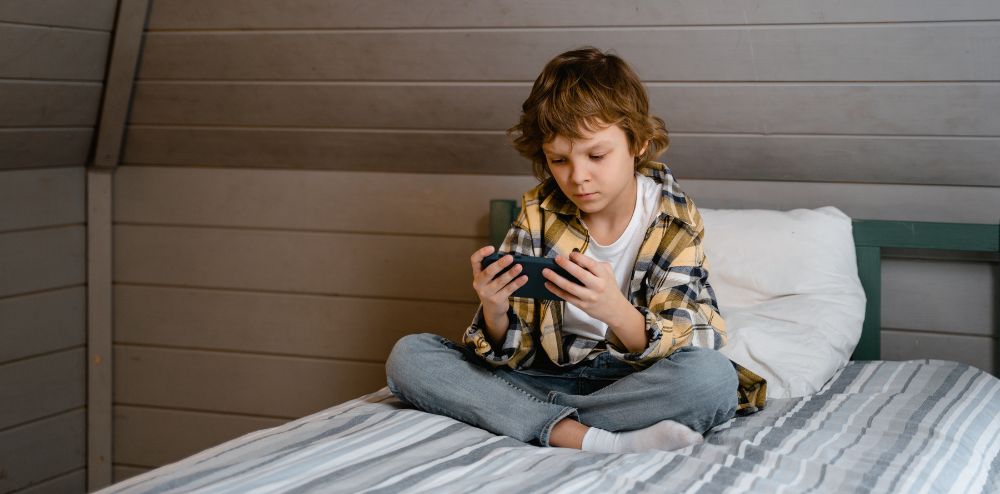When the time comes to replace their mattress, Wollongong residents can rest easy knowing that their old one can be recycled and repurposed locally.
That's thanks to a tender awarded by Wollongong City Council to Mattrec Holdings who will break down and recycle mattresses at their Port Kembla facility.
Wollongong City Lord Mayor Councillor Gordon Bradbery AM said that while Council already offered mattress recycling, this new contract means more components of each one will be diverted from landfill.
"We have processed more than 19,000 mattresses in the last twelve months. To put that another way, we've processed enough mattresses that if they were laid end-to-end, they would reach all the way from Dapto to Wombarra," said Cr Bradbery.
"Achieving a clean and green future for Wollongong requires everyone, from businesses to individuals, to consider the environment in their decision making. We knew we could do more with unwanted mattresses and sought out a tender that will see up to 70 per cent of each one recycled.
"The steel springs will become new steel products, the padding and fabric used in water filtration, and the foam will be reborn as carpet underlay.
"This new contact offers the added environmental benefit of local processing for the mattresses without taking them Sydney or beyond."
Mattrec Australia Managing Director Richard Sheargold said the company was proud to be part of creating a sustainable, low-waste Australia.
"Our equipment, made locally by Leussink Engineering, uses high-pressure water jets and machines to deconstruct used mattresses into their recyclable materials," said Mr Sheargold.
The contract covers mattresses collected through Council's free on-call household clean up service and those dropped off at Wollongong Waste and Resource Recovery Park.
Residents are entitled to two free household clean-ups each year. Mattresses, tyres, metal and e-waste can all be included but must be placed in separate piles for recycling.
Cr Bradbery said household clean-ups are a good option once other avenues have been explored.
"Landfill should always be a last resort. If you have a spring clean and find extra stuff, there are plenty of things you could do such as selling, refurbishing, donating, or re-homing. You might even have a good old fashioned garage sale," said Cr Bradbery.
"Extending the life of items you no longer need diverts valuable resources from landfill and ensures all the raw materials and energy used to make new products are used to their greatest possible extent.''







